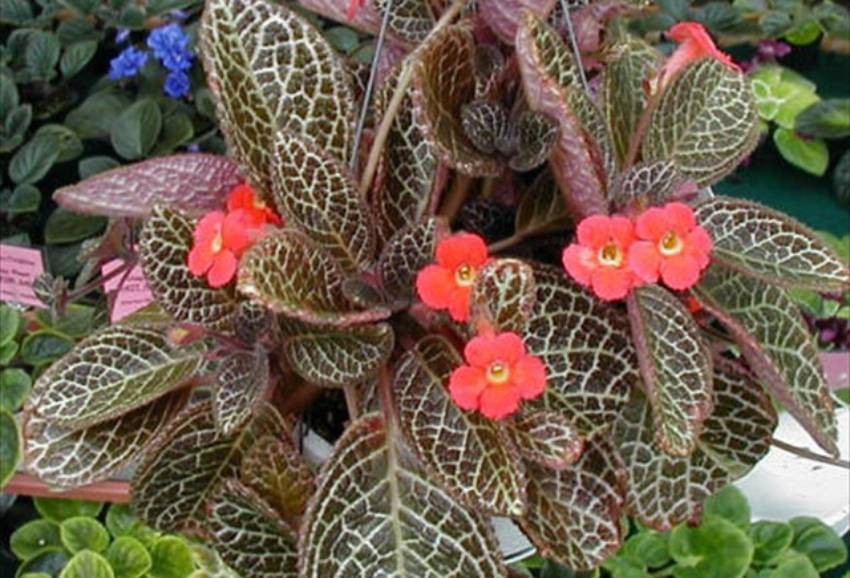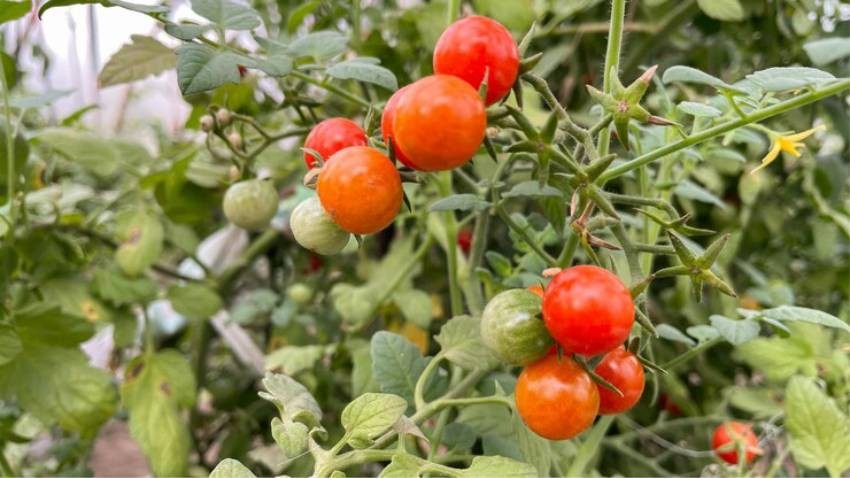Plants are more than a mere decoration in our home and garden. They are living beings, and besides bringing beauty into our living space, they are able to… “talk”, even “communicate” with humans in their own way. How can they do that? By emitting sounds in frequencies higher than the range of human hearing. Astonishing as this may sound, it has been proven true by the scientific research conducted by young agronomist Kristiana Opreva, jointly with the Agricultural University in Plovdiv. The results of the study fully corroborate the “smart plant” theory developed by scientists from other countries.
The Bulgarian researchers were able to record the ultrasound signals used by plants to communicate. “The range of human hearing is from 1 hZ to 20,000 hZ, whereas plants communicate in the range above 20,000 hZ,” Kristiana Opreva says in an interview with the BNR’s Radio Varna.
The study took around 9 months, and studied the way four different kinds of plants behave – geranium and episcia of the ornamental, and vine and apple of the agricultural plants. Some plants can even “sulk”, and refuse to communicate with us. Like the geranium, for example.

“If you rub its leaves it gives off a specific aroma. With its smell and growth, it shows it is alive. Our study showed that the ultrasound emitted by the geranium is in a wide range – from 20,000 to 110,000 hZ. If we stop watering or caring for it, it may not emit any signals at all and stop communicating. The episcia changes colour when it is touched, it too has a wide range of sound signals and reacts like the geranium if we stop taking care of it,” Kristiana says.
An interesting element in the study of agricultural plants is that if a vine twig is broken off and placed in water for a few days, it too gives signs of life by emitting ultrasound, signaling pain. One more example – if tomatoes get infested, they can “tell” us, so we can do something about it, Kristiana says. If a way is found to “hear” what plants are saying, that would be very helpful to agronomists and to the people taking care of them, she adds.

“If we don’t look after them properly, if we don’t love them and talk to them, they react. People need to know that plants should be talked, even sung to. Just like humans who lose the incentive to live when they don’t like the environment and try to replace it, it is the same with plants. What we need to do is find the right approach to them because they are organisms that keep us alive, they give us the air that we breathe.”
The next stage in the scientific research work of the Bulgarian team of scientists will involve the way weeds behave, and how they can be “talked out of” living on arable land so we don’t have to pull them out and destroy them.
Meanwhile, Kristiana has found a way to uplift the spirits of… her lettuces:
“I did an experiment in my own greenhouse with some lettuces, and I sang folk music to them – and it had a positive effect on them, they are now growing perfectly,” Kristiana Opreva says.

Interview by Ivan Barbov, BNR-Varna
Compiled and edited by Veneta Nikolova
Photos: BNR, Pixabay, zeleno-bg
Bulgaria is increasingly becoming part of the general trend and dynamics of European citizens changing their location. There are no inhospitable European countries, rather it is a matter of policies and different interests of the..
The 10 main risks are facing the country in the coming decade, shows a national expert study entitled "Ten years, ten risks for Bulgaria" , BTA reports. "Deterioration of the education system" is the top risk cited by the poll. "Further..
You tell me what you have on your table so I can tell you what you are celebrating. This is a joking way of looking at the Bulgarian calendar of holidays from ancient times to the present day. The truth is that holiday meals have always been a very..
Every child dreams of having all the time in the world in which to play and enjoy piles of sweet delights. One of the most favorite, of course, is His..
Bulgarian folk dances from the Pirin region and all folklore areas will be performed on 26 and 27 April at the White Stage Event Complex in the mountain..

+359 2 9336 661
